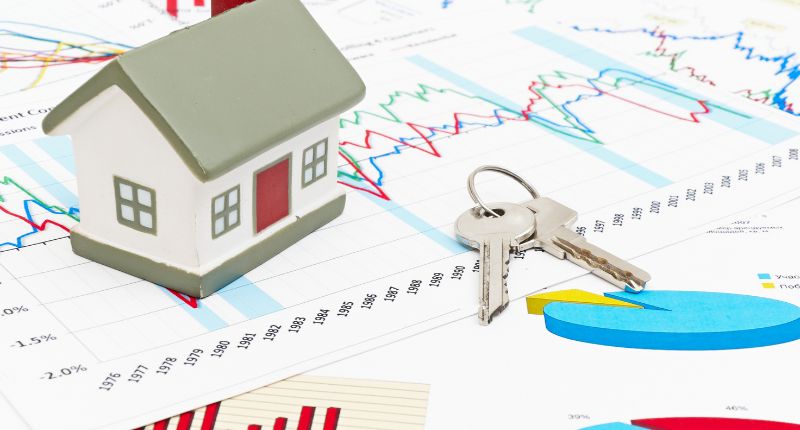- RBA elected to keep interest rate at 4.1%
- Experts believe that more interest rate hikes will come this year
- Effects on the housing market remain uncertain
This week, the Reserve Bank of Australia (RBA) paused its interest rate hike, keeping the figure at 4.1% on Tuesday, explaining that it needed more time to assess the state of the economy. While some have celebrated the pause, other industry experts have had a more muted response.
The cash rate remains at an 11-year high, and the pause may be a brief reprieve before more rate hikes follow. Due later this month is the June quarter inflation outcome, which will crucially establish if there will be further rate hikes.
Muted industry response to RBA cash rate pause
Steve Mickenbecker, Canstar’s finance expert, opines that the cash rate pause “has confounded every second economist”.
“The headline annual inflation rate has fallen by 1.2% in May, enough for the Reserve Bank to hit the pause button, at least until it sees the June quarter inflation figure that comes out later this month,” he says.
“Adjusting for volatile items, the improvement in inflation from April to May was modest and would have disappointed the Reserve Bank. The Bank puts more faith in the more robust quarterly inflation number than the interim monthly numbers and its next step will be heavily influenced by the quarterly release later this month.
“With unemployment at 3.5%, wage pressure is going to add fuel to inflation, and the Reserve Bank wants to be assured that we are not sucked into a wage-price spiral, extending the pain well into 2024 or 2025.
“For now we have to anticipate at least two more cash rate rises this year and can’t expect the cash rate to fall until 2025.”
CoreLogic comments on the pause
CoreLogic’s Research Director Tim Lawless’ analysis of the response was largely sombre.
House prices have experienced renewed growth recently, which may result in inflation continuing to stay higher as property owners feel wealthier and are consequently partial towards spending.
The CoreLogic Home Value Index for June reported that the national growth rate waned slightly, dropping from 1.2% in May to 1.1% in June, which may indicate that the market’s recovery is slowing down.
Lawless also predicts a rise in mortgage arrears as borrowers become exposed to the increasing interest rates through growing variable mortgage rates or fixed-rate expiration. He qualifies this forecast by stating that the unemployment rate is expected to stay below 5%, which will prevent the increase in mortgage arrears from blowing out of proportion.
Notably, the research director states that it is still being determined whether the current interest rate setting and the possibility for another interest rate increase in the following month will send the housing market spiralling.
The limited supply that plagues the housing sector may provide support for prices in the face of record interest rates. Capital city home listings are underperforming by 26% compared to the previous five-year average, and dwelling approvals remain depressed below average levels. The shortfall in housing, record net overseas migration, and worsening rental crisis may soften the adverse effects of the higher interest rates.








